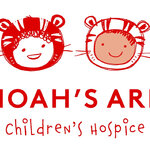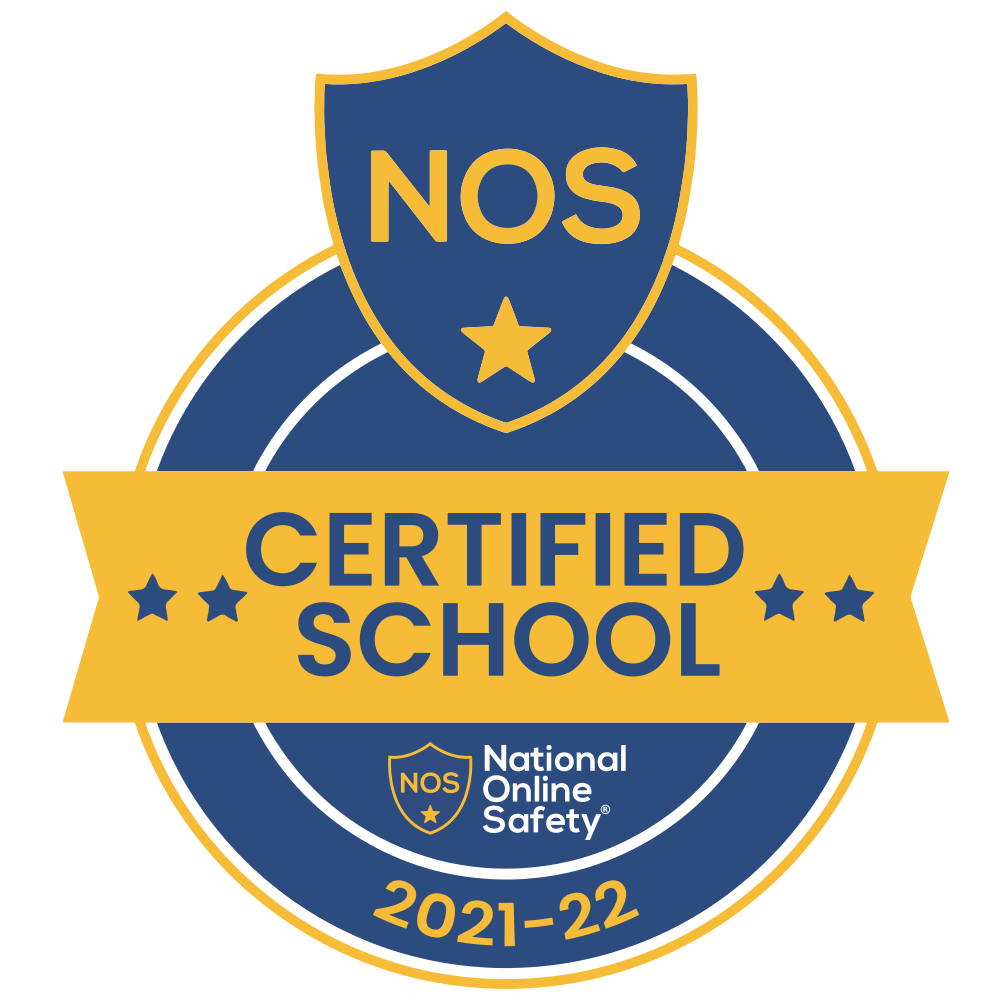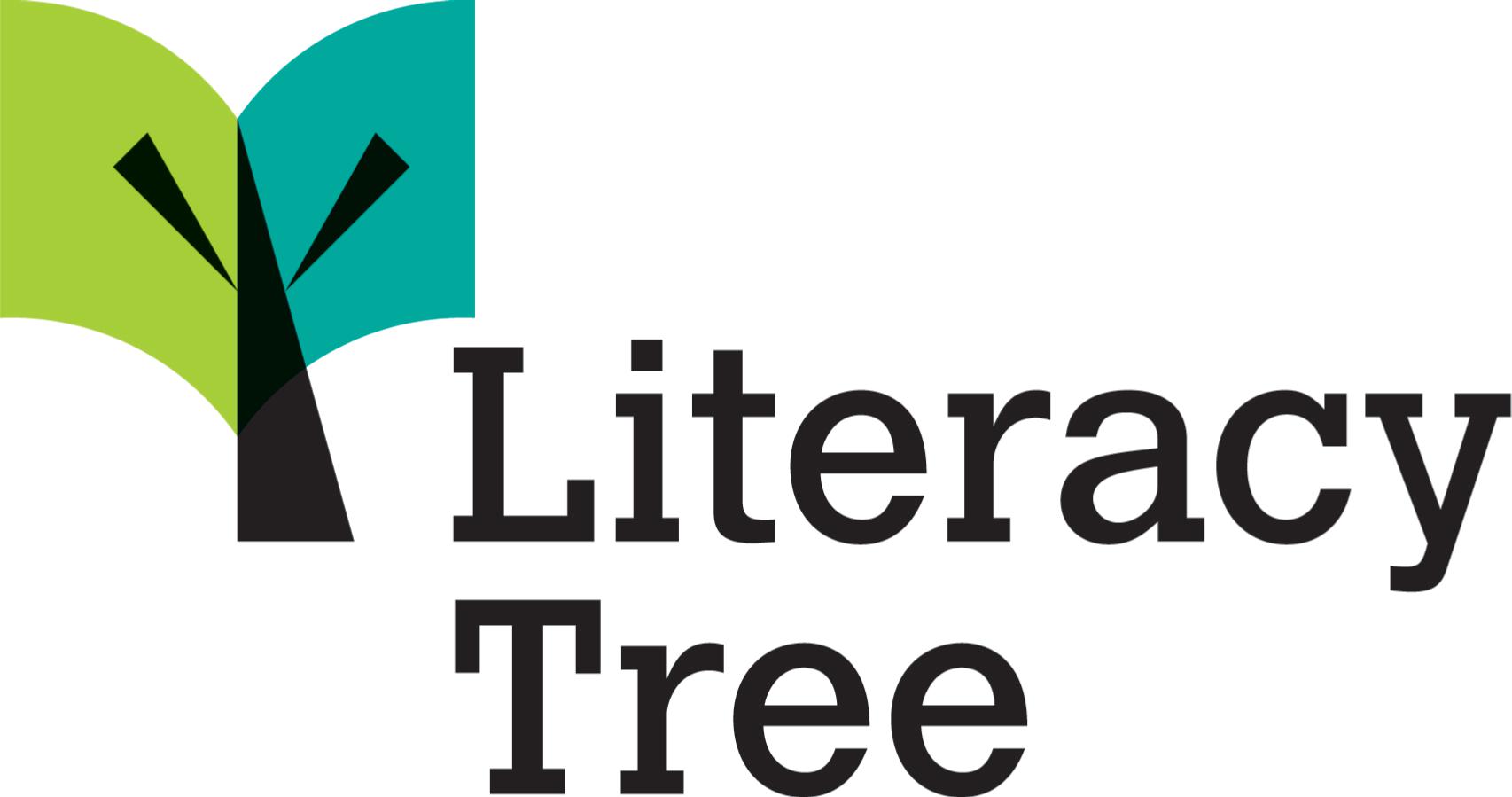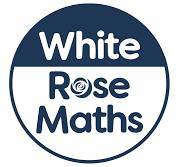

At St Ignatius Catholic Primary School, we teach writing by following the writing roots from Literacy Tree.
The Literary Curriculum at Literacy Tree immerses children in a literary world, therefore creating strong levels of engagement to provide meaningful and authentic contexts for primary English.
Children become critical readers and acquire an authorial style as they encounter a wide-range of significant authors and a variety of fiction, non-fiction and poetry.
The Literacy Tree (writing roots) is a whole school approach which we adopt from Key Stage 1. Within Reception, children will engage with some of the suggested Literacy Tree texts, alongside others which link to their individual interests and curriculum themes. Within the summer term in Reception, children will follow more of the Literacy Tree units of work in preparation for effective transition into Key Stage 1.
The Literacy Tree (writing roots) provides complete coverage of all National Curriculum expectations for writing composition, grammar, punctuation and vocabulary. All units of work lead to purposeful application within a wide variety of written outcomes.
A writing roots lesson involves a daily 60 minute session. We grow literary knowledge and develop skills by using whole books, rather than extracts, promoting a love of learning and an eagerness to engage with similar texts. Many of our texts links to aspects of other curriculum subjects, leading to deeper thinking and further discussion.
Intent:
At St Ignatius Catholic Primary School, the aim of our English lessons are to ensure our children are exposed to a variety of literature to provide rich content for learning, building a reading and writing culture throughout school. We use high quality texts to offer opportunities for empathy and to aid enquiry as a means of developing spoken language requirements through debate, drama and discussion.
The writing opportunities we provide are meaningful with a clear audience and purpose. Our children will be given real reasons to write, whether to explain, persuade, inform or instruct. They will write using a range of genres with grammatical skills embedded throughout our teaching. We aim to deliver an inspiring and engaging English curriculum through high quality teaching and exciting lessons. Writing is a crucial part of our curriculum and all children from Foundation Stage to Year 6 are provided with many opportunities to develop and apply writing skills across all areas of the curriculum.
Children experience the works of over 100 significant authors as they move through the school. Using these texts as a starting point, children engage in a wide variety of writing tasks, with grammar, spelling and punctuation objectives being taught in context within the books studied.
Our aim is that all St Ignatius pupils have the necessary knowledge and skills to communicate in writing, confidently, coherently, and creatively and for a range of purposes and audience.
We aim to:
- Deliver an engaging, book-based writing curriculum that enhances our thematic curriculum
- Teach essential spelling and grammar knowledge and skills in a purposeful context.
- Develop our students as writers with a clear understanding of writing process including drafting and editing
- Scaffold and challenge our students to ensure that all children fulfil their potential.
- Provide real, exciting and purposeful reasons for children to write.
How do we achieve these aims?
Engaging writing curriculum
All classes use the Literacy Tree unit plans as the central spine of our writing curriculum. This provides an engaging consistent and systematic approach to the teaching of writing with many aspects (eg grammar splat or role on the wall) being repeated and developed throughout the school. All national curriculum writing objectives are taught, and revisited purposefully. All units are based around high quality texts that enhance the learning of our thematic curriculum and enable every St Ignatius child to see themselves reflected as authors, poets and main characters. Plans are adapted to meet the needs of St Ignatius pupils.
Spelling, Punctuation and Grammar
In EY and KS1 our rigorous phonics programme 'Little Wandle' forms the basis of spelling lessons up to Year 2.
Spelling Seeds complement the Literary Curriculum by providing weekly, contextualised sequences of sessions for the teaching of spelling that include open-ended investigations and opportunities to practise and apply within meaningful and purposeful contexts, linked (where relevant) to other areas of the curriculum and a suggestion of how to extend the investigation into home learning.
The objectives and spelling words match the Literacy Tree text being covered to make for purposeful application as well as including coverage from the phonics and spelling elements of the curriculum.
Punctuation and grammar is taught at the point of writing, with diagnostic assessment used at the beginning of units to determine children’s prior knowledge and understanding. Discrete grammar lessons or revisiting of grammar objectives are taught when needed.
Writing Process
The writing process is developed throughout a unit of work with short application tasks leading to an extended final writing outcome. The teacher is the expert in the room, constantly modelling process. We are developing staff and pupil knowledge of the different forms of editing from proofreading for errors to revising for cohesion and intent. Fit time (Focus Improvement Time) is used successfully across the school for pupils to be able to respond to the teachers marking and feedback and improve writing.
Support and challenge
Plans are adapted to account for the needs of all St Ignatius pupils. Where appropriate, interventions are planned for, in addition to the English lessons. All children know their personal writing target to improve the quality of their own writing. Through professional dialogue and work scrutiny, teachers are developing their skills in assessing pupils as writing and planning for their individual needs. This is an ongoing process.
Purposeful and joyful writers
Our intent is always for children to write purposefully. We create real audiences for children’s writing beyond the school community; letters, tweets and leaflets are sent to the intended audience and responses celebrated. Writing is celebrated in school through display and sharing examples of brilliance between phases.
Writing Policy Statement
Our book based Writing Roots Curriculum Maps show our journey through the books in the Literacy Tree over each school year. The books sit together under literacy themes and the wide range of high quality and significant children’s literature engage, challenge and support children to be critical readers, as well as confident and informed writers:
Literacy Tree Curriculum Maps
Word Lists
Year 1 Common Exception Words:
Year 2 Common Exception Words:
Year 3 + 4 Word List:
Year 5 + 6 Word List:
Handwriting
Handwriting Statement



_0.jpg)



.jpeg)



.jpg)
.png)

.jpg)

